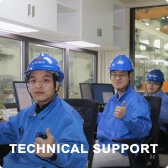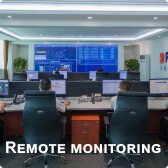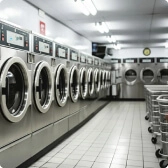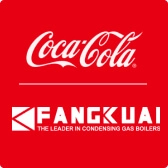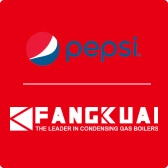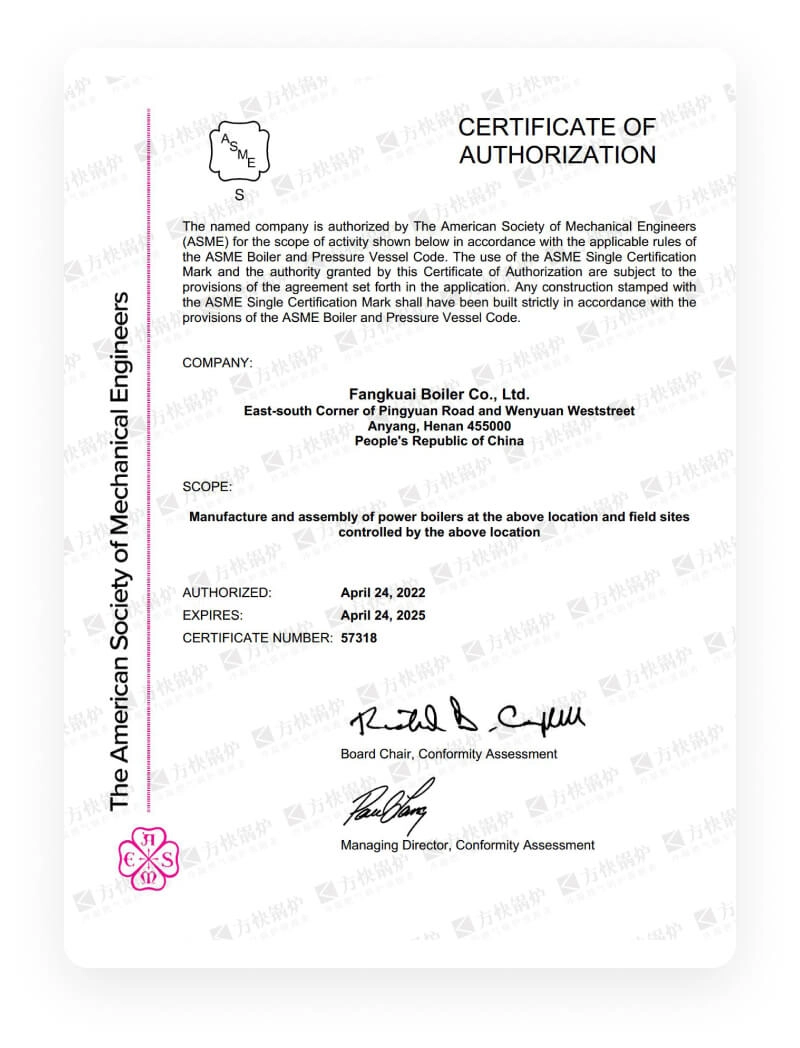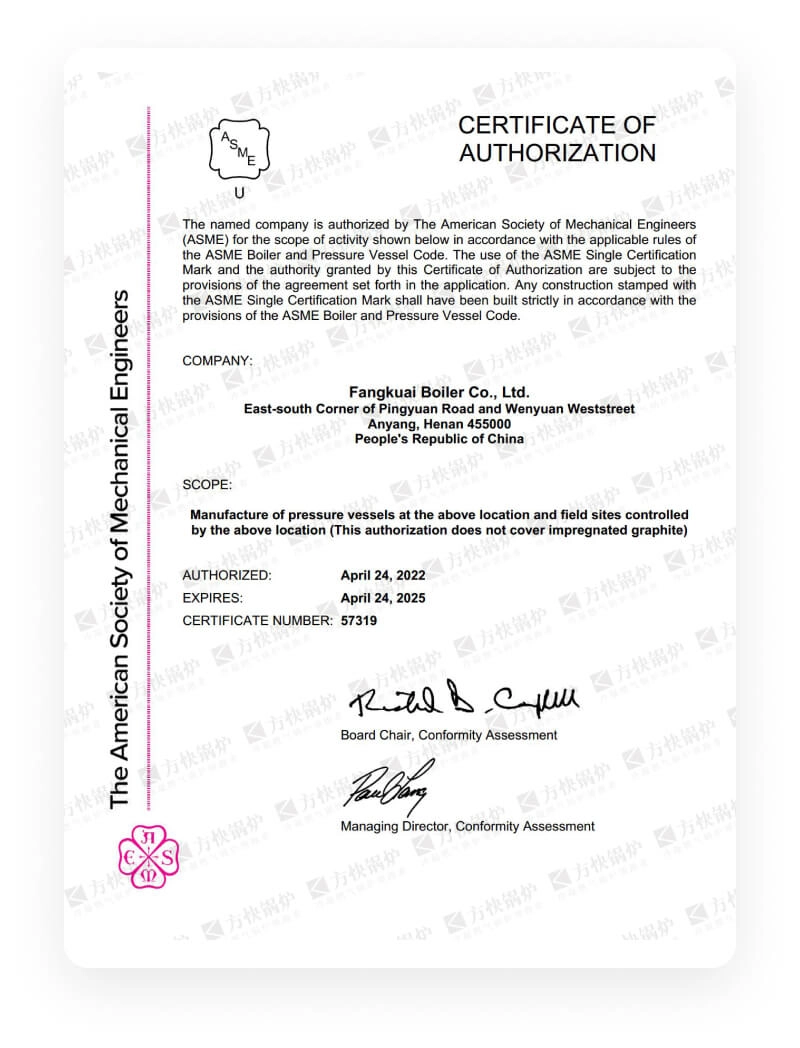Navigating the Complex World of Boiler Selection in the Pharmaceutical Industry
date: 2024-09-02
Page preview:
Introduction
In the fast-paced world of pharmaceutical manufacturing, every detail matters. From ensuring product quality to meeting stringent environmental standards, the choice of boilers plays a critical role. So, how can pharmaceutical companies navigate the sea of options to select the perfect boiler for their operations? This blog post delves into the key considerations that pharmaceutical industry players should keep in mind when choosing boilers. From energy efficiency and emission reduction to safety and cost-effectiveness, this comprehensive guide will equip you with the knowledge to make an informed decision. Let's explore the intricate world of boiler selection in the pharmaceutical industry together.

Steam Requirements in the Pharmaceutical Industry
When it comes to the pharmaceutical industry, steam is a vital component in various manufacturing processes. The accurate assessment of steam requirements is crucial to determine the appropriate boiler for the job. Calculating the specific steam consumption and pressure needs per unit of time is essential for selecting the right boiler model and size. Whether it's for sterilization, drying, or heating applications, understanding the steam demand is the first step towards ensuring seamless production operations.
Understanding the Steam Demand
Pharmaceutical processes often have varying steam demands based on the specific operations being carried out. From sterilizing equipment to heating solutions, each process requires a different level of steam pressure and quantity. By understanding these requirements, pharmaceutical companies can tailor their boiler selection to meet the exact needs of their production processes. Accurate calculations of steam demand are crucial for optimizing energy usage and maintaining operational efficiency.
Importance of Steam Quality
In pharmaceutical manufacturing, the quality of steam used is paramount to ensure product safety and efficacy. High-quality steam with minimal impurities is essential for maintaining the integrity of pharmaceutical products. The choice of boiler directly impacts the steam quality, making it imperative to select a boiler that can consistently produce clean and dry steam. Ensuring the steam meets the required standards is key to upholding product quality and regulatory compliance in the pharmaceutical industry.
Impact on Production Efficiency
Efficient steam generation plays a significant role in enhancing overall production efficiency in the pharmaceutical sector. By accurately matching the steam supply with the demand of various processes, companies can avoid downtime and optimize their manufacturing operations. A well-calibrated boiler that can meet the fluctuating steam requirements of the pharmaceutical industry contributes to smooth production workflows and ensures uninterrupted supply for critical processes.
Energy Efficiency and Emission Reduction
When it comes to the pharmaceutical industry, energy efficiency and emission reduction are paramount considerations in selecting the right boiler. By prioritizing clean and efficient boilers, pharmaceutical companies can not only reduce their environmental impact but also improve operational efficiency. Here are some key points to keep in mind:
-
Opt for high-efficiency boilers that utilize advanced combustion technology to minimize energy consumption and reduce emissions.
-
Consider low nitrogen gas steam boilers, which are known for their efficient fuel utilization and lower nitrogen oxide (NOx) emissions.
-
Choose boilers with optimal heat recovery systems to further enhance energy efficiency and sustainability in pharmaceutical manufacturing processes.
Efficient boiler selection can lead to significant cost savings and environmental benefits for pharmaceutical companies. By investing in clean and energy-efficient boiler technologies, companies can align their operations with sustainability goals while enhancing overall production efficiency. It's essential to evaluate the long-term benefits of energy-efficient boilers and their impact on reducing carbon footprint in the pharmaceutical industry.
Boiler Performance Considerations
When it comes to selecting boilers for pharmaceutical operations, the performance of the boiler plays a pivotal role in ensuring the consistent supply of high-quality steam. Here are some essential factors to consider:
-
Efficiency Matters: Opt for high-efficiency boilers that utilize advanced combustion technology and incorporate heat recovery systems. These features not only reduce energy consumption but also lower operational costs, contributing to sustainable production practices.
-
Stability is Key: The pharmaceutical industry demands a reliable and stable source of steam for various manufacturing processes. Choose boilers with a proven track record of stable performance to minimize downtime and maintain a continuous production flow.
-
Steam Quality Assurance: Ensuring that the boiler can provide steam of the required quality is crucial for pharmaceutical operations. Quality steam is essential for maintaining product integrity and meeting regulatory standards, making this factor a non-negotiable consideration in boiler selection.
-
Long-Term Reliability: Selecting a boiler with a reputation for long-term reliability can offer peace of mind and cost savings in the long run. Look for boilers from reputable manufacturers known for their durable and dependable products to avoid unexpected breakdowns and maintenance hassles.
By carefully considering these performance factors, pharmaceutical companies can choose boilers that not only meet their steam requirements but also contribute to efficient and reliable production processes. Prioritizing efficiency, stability, steam quality, and reliability in boiler selection can lead to improved operational performance and enhanced product quality in the pharmaceutical industry.
After-Sales Service Importance
When it comes to selecting boilers in the pharmaceutical industry, after-sales service is a crucial factor that should not be overlooked. A reliable boiler supplier with a dedicated technical support team can make a significant difference in the smooth operation of the boiler system. Regular maintenance, prompt repairs, and access to spare parts are essential components of after-sales service that can ensure minimal downtime and optimal performance of the boiler.
Choosing a reputable boiler manufacturer that offers comprehensive after-sales service can provide peace of mind to pharmaceutical companies. Timely technical support, regular maintenance checks, and troubleshooting assistance contribute to the efficient and safe operation of the boiler. In the fast-paced environment of pharmaceutical production, any disruptions in the boiler system can have significant implications on the production process, making after-sales service a critical aspect to consider.
A professional after-sales service team can also help pharmaceutical companies optimize their boiler system for better efficiency and cost savings. By providing guidance on maintenance best practices, energy-saving strategies, and potential upgrades, the after-sales service team can help maximize the longevity and performance of the boiler. This proactive approach not only ensures smooth operations but also contributes to long-term sustainability and profitability for the pharmaceutical company.
In conclusion, the importance of after-sales service in the selection of boilers for the pharmaceutical industry cannot be overstated. By partnering with a reputable boiler manufacturer that offers comprehensive after-sales support, pharmaceutical companies can ensure the reliable and efficient operation of their boiler systems. From regular maintenance to technical assistance, a robust after-sales service can enhance the overall productivity and safety of pharmaceutical manufacturing processes.
Safety Considerations in Boiler Selection
When it comes to operating in the pharmaceutical industry, safety is paramount. The choice of boilers must adhere to stringent safety standards to ensure the well-being of employees and the integrity of the production process. Companies should prioritize selecting boilers with advanced safety features and fail-safe mechanisms to prevent accidents and protect the environment. Safety considerations go beyond mere compliance; they reflect a commitment to upholding the highest standards of operational integrity.
Compliance with Regulations
Pharmaceutical companies must choose boilers that comply with national and local environmental regulations to minimize the impact on the surroundings. Selecting boilers with low emissions of nitrogen oxides (NOx) and particulate matter is crucial in reducing the industry's environmental footprint. By adhering to strict emission standards, companies can demonstrate their commitment to sustainable practices and environmental stewardship.
Safety Features and Protocols
Boilers equipped with comprehensive safety features, such as pressure protection, temperature control, and water shortage prevention, ensure operations run smoothly and securely. The presence of these safety mechanisms not only safeguards the boiler equipment but also protects the production process from potential disruptions. It is imperative for pharmaceutical companies to prioritize safety features when selecting boilers to mitigate risks and maintain operational continuity.
Training and Documentation
Apart from the technical aspects, investing in employee training on boiler safety procedures is essential. Pharmaceutical companies should provide comprehensive documentation related to boiler safety protocols and guidelines to ensure that employees are well-informed and equipped to handle any potential emergencies. Regular safety audits and refresher training sessions can further enhance the safety culture within the organization.
Emergency Response Planning
In the event of a boiler-related emergency, having a robust emergency response plan in place is crucial. Pharmaceutical companies should establish clear protocols for handling emergencies, including evacuation procedures, communication channels, and coordination with relevant authorities. By proactively preparing for unforeseen circumstances, companies can minimize the impact of emergencies and protect both personnel and assets.
Continuous Improvement
Safety considerations in boiler selection should not be static; they require continuous evaluation and improvement. Pharmaceutical companies should regularly assess the effectiveness of safety measures, gather feedback from employees, and implement enhancements to ensure a safe working environment. By fostering a culture of continuous improvement in safety practices, companies can proactively address potential risks and uphold the highest standards of workplace safety.
Cost-Effectiveness Analysis
In the realm of pharmaceutical manufacturing, every penny counts. When it comes to selecting boilers, striking a balance between cost and efficiency is paramount. A thorough cost-effectiveness analysis is the compass that guides pharmaceutical companies towards the optimal boiler choice. Let's dive into the financial considerations that can make or break the decision-making process.
-
Initial Investment vs. Operational Savings: The initial cost of a boiler is just the tip of the iceberg. Pharmaceutical companies must consider the long-term operational expenses, including fuel costs, maintenance fees, and potential equipment upgrades. Balancing the upfront investment with the expected operational savings is key to maximizing cost-effectiveness.
-
Value for Money: While cost is a crucial factor, value should not be overlooked. It's not just about finding the cheapest option; it's about identifying the boiler that offers the best return on investment. By conducting a comprehensive cost analysis, pharmaceutical companies can ensure that they are getting the most bang for their buck.
-
Quality and Reliability: Cost-effectiveness goes hand in hand with quality and reliability. Opting for a cheaper boiler that compromises on performance may lead to higher maintenance costs and operational disruptions in the long run. Investing in a high-quality, reliable boiler can result in smoother operations and lower overall expenses.
-
Strategic Decision-Making: The choice of boiler should align with the strategic goals of the pharmaceutical company. While cost is a significant factor, it should not overshadow the importance of quality, efficiency, and long-term benefits. By approaching the decision-making process strategically, pharmaceutical companies can ensure that their investment in a boiler pays off in the long term.
Conclusion
In conclusion, selecting the right boiler is a critical decision for pharmaceutical companies to ensure efficient and reliable steam supply for their production processes. By carefully considering factors such as steam demand, energy efficiency, boiler performance, after-sales service, safety, and cost-effectiveness, companies can make informed choices that align with their operational needs and sustainability goals. The pharmaceutical industry's focus on quality, safety, and environmental responsibility necessitates the adoption of clean and efficient boiler technologies to minimize emissions and enhance operational efficiency. Choosing boilers with high energy efficiency and low emission levels can not only reduce environmental impact but also lead to significant cost savings in the long run.
Moreover, prioritizing after-sales service and maintenance support from reputable boiler suppliers is essential to ensure the continuous and safe operation of boilers in pharmaceutical facilities. Regular maintenance, timely repairs, and adherence to safety guidelines are crucial aspects that contribute to the longevity and performance of boilers. By partnering with trusted manufacturers that offer comprehensive technical support and training, pharmaceutical companies can mitigate operational risks and improve overall equipment reliability. Safety considerations should always remain paramount in the selection process, with a focus on compliance with industry standards and the implementation of robust safety features to safeguard personnel and assets.
When evaluating the cost-effectiveness of boiler options, pharmaceutical companies should conduct thorough analyses of initial investment, operational costs, and potential savings over the equipment's lifespan. Striking a balance between upfront expenses and long-term benefits is key to making a sound investment decision. By opting for high-quality, efficient boilers that meet the industry's specific requirements, companies can enhance production efficiency, reduce downtime, and maintain product quality standards. Through strategic planning, collaboration with industry experts, and adherence to best practices, pharmaceutical manufacturers can navigate the complexities of boiler selection with confidence and ensure seamless operations in their facilities.
In the ever-evolving landscape of pharmaceutical manufacturing, the choice of boilers holds immense significance in driving operational excellence and sustainability. By leveraging the insights shared in this comprehensive guide, industry players can make informed decisions that align with their business objectives and regulatory commitments. From enhancing energy efficiency and reducing emissions to prioritizing safety and reliability, the considerations outlined in this blog post serve as a roadmap for pharmaceutical companies to navigate the intricate process of selecting the ideal boiler for their operations. With a focus on innovation, sustainability, and operational efficiency, the pharmaceutical industry can continue to thrive and meet the demands of a dynamic marketplace, setting new standards for excellence and environmental stewardship.
References
The conclusion of this blog post is that selecting the right boiler for pharmaceutical industry operations is a complex decision that requires careful consideration of various factors. From steam requirements and energy efficiency to safety and cost-effectiveness, there are numerous aspects to take into account. By prioritizing the needs of the pharmaceutical manufacturing process and adhering to stringent industry standards, companies can ensure that they choose a boiler that meets their specific requirements. In conclusion, thorough research, consultation with experts, and a focus on long-term benefits are essential for making the best decision when selecting a boiler for pharmaceutical manufacturing.


